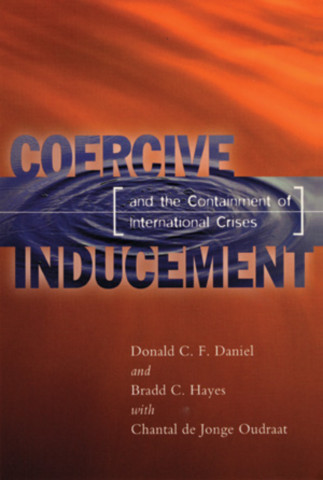Bradd C. Hayes
Bradd C. Hayes is Senior Director of Communications and Research at Enterra. A former research professor in the Warfare Analysis and Research Department of the Center for Naval Warfare Studies, Naval War College, Newport, RI, Hayes is a retired US Navy Captain, who served as the Deputy Director of the Naval War College’s Strategic Research Department from August 1992 to retirement in 1996. Prior to assuming that position, Captain Hayes was the Strategy and Policy Officer for the Commander, U.S. Naval Forces Europe, in London, from 1989 to 1992. While there, he served as a member of the Naval Force Capabilities Planning Effort that helped develop concepts eventually published in the Navy’s white paper titled, From the Sea. Previous appointments included command of Helicopter Anti-Submarine Squadron Six aboard USS Enterprise (1988-89), followed by a tour as a Federal Executive Fellow with the RAND Corporation in Santa Monica, CA. Captain Hayes has been engaged by government and non-government organizations to help with strategic planning; he led strategic planning exercises for the NYPD and the FDNY in the immediate aftermath of September 11. Captain Hayes is the author of numerous publications on innovation and national security issues including: Leveraging for Success in United Nations Peace Operations (with Jean Krasno and Donald C.F. Daniel, Praeger, October 2003); Coercive Inducement and the Containment of International Crises (with Professor Don Daniel, United States Institute of Peace Press, 1999); Doing Windows: Non-traditional Military Responses to Complex Emergencies (with Jeffrey Sands, CCRP, 1998); Beyond Traditional Peacekeeping (an edited volume with Don Daniel, Macmillan Press Ltd (UK) and St. Martin’s Press (US) 1995); and The Politics of Naval Innovation (Center for Naval Warfare Studies, 1994). Captain Hayes holds an MS in National Security Affairs from the Naval Postgraduate School and a BS in political science from the University of Utah. While at the Naval Postgraduate School, he was the first recipient of the US Naval Institute’s award for academic achievement.
Author's Books
The concept of a “middle ground” between simple peace enforcement and traditional peacekeeping by lightly armed observers has been both ill defined and controversial. But the authors of this thoughtful yet challenging volume make a strong case for both the practicability and the desirability of such operations.
“Coercive inducement”—the term was suggested by Kofi Annan, when he was undersecretary general for peacekeeping—is a form of coercive diplomacy that relies more on the deployment and demonstration of military force than on the use of force per se. In the absence of such an option, the international community finds it hard to respond to a variety of crises, including ones that can spiral into genocide.
After first laying out general principles, the book explores four recent UN operations (in Somalia, Rwanda, Bosnia, and Haiti) in which coercive inducement was particularly relevant, and then presents operational guidelines for its use. Clear-sighted and pragmatic throughout, the authors conclude by suggesting when and to what extent the international community should commit itself to undertake coercive inducement.

